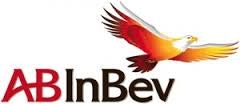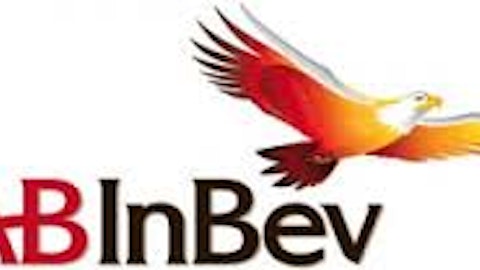It’s no secret that the growth in the domestic beer industry is coming from craft brews. For example, in 2012, sales of craft grew 17%, while the overall U.S. beer industry rose less than 1%. The surging interest in unique beers emphasizing quality and flavor has not been lost on America’s brewing giants, Anheuser-Busch InBev NV (ADR) (NYSE:BUD), or ABI, and Molson Coors Brewing Company (NYSE:TAP), and they have been quick to enter the arena with their own original offerings and by acquiring craft beers. The craft-beer market is ripe for consolidation, with more than 2,500 independent breweries operating in the United States, up from just 89 in 1980. However, the big brewers’ valuable brands may be a liability in persuading quality-minded craft brewers to sell out or getting craft drinkers to accept their offerings.

One of the first craft-like beers to be developed and nationally distributed by major brewers was the wheat beer Blue Moon, created by Coors in 1995. Anheuser-Busch was slower to introduce its own craft-like wheat beer, rolling Shock Top out in 2007. These two brews have a lot in common: They’re both light wheat beers, they’re priced midway between true craft beers and their pale adjunct lager cousins, they’re vastly distributed and widely available … and no matter how hard you look at the bottle, you will find no evidence that they’re brought to you by the same folks who make Bud Lite and Coors Light. ABI and Molson Coors, those titans of marketing with ubiquitous brands and iconic halftime commercials, have found that in this space, their name is a liability. Craft drinkers are more likely to avoid the big brands: After all, they’re paying more for beer precisely to get away from Bud and Coors.
The big beer players may be able to hide their name from craft drinkers, but they’ll have a harder time fooling craft brewers. For ABI and Miller Coors to expand into the craft space through acquisition, their brand will work against them in persuading successful small breweries, many of which are led by proud founders and their families, to trust the big brewers with their passion projects. Part of this is simply the David-vs.-Goliath aspect of small independent artisans squaring off against multinational conglomerates, but there may be a more practical reason for quality-minded independent brewers to resist the allure of a big buyout.
Last year, Bloomberg Businessweek ran a scathing piece, provocatively called “The Plot to Destroy America’s Beer,” which excoriated ABI in particular for a management style that put profits over product. Amongst other sins, author Devin Leonard noted that the management team behind InBev, which took over Anheuser-Busch in 2008 to create ABI, had moved production of “imported” beers such as Beck’s and Spaten to Anheuser-Busch beer factories in the U.S., reducing the alcohol content of some its most popular beers to save on liquor taxes, and even substituting lower-quality ingredients into its flagship beers to cut costs. If big brewers treat their craft brews like that, they will quickly find the acquisition market in the true craft space drying up.


